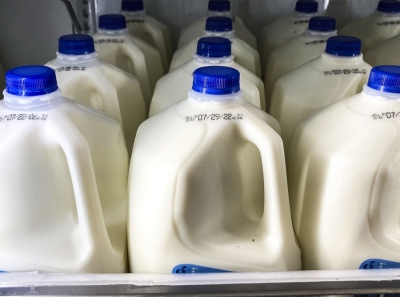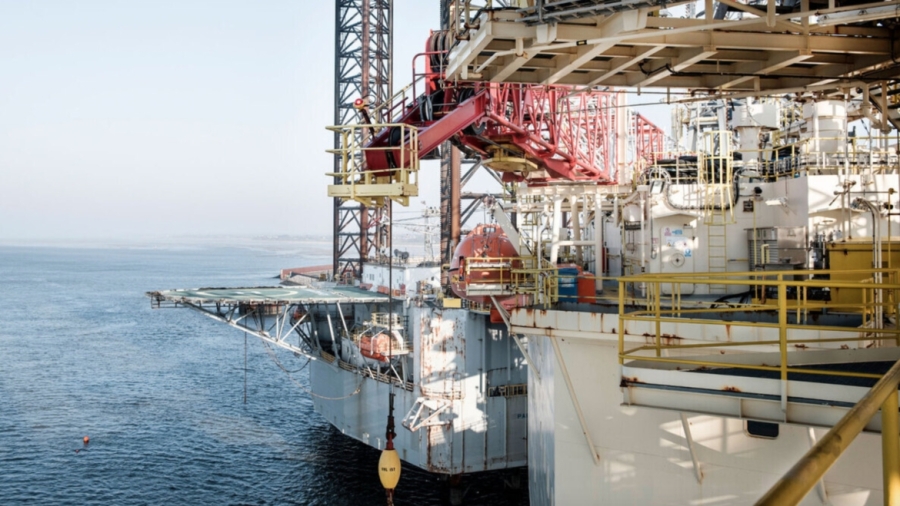In a statement made by Denmark’s Ministry of Climate, Energy and Utilities, it was announced that the Danish Energy Agency (DEA) recommended that licences made jointly by INEOS and Wintershall and by TotalEnergies be awarded after consideration of the applications.
The Danish subsidiary of the latter – a French operator – received two licences, while one was awarded to Greensand, the INEOS Energy–Wintershall Dea partnership. The joint project aims to start injecting depleted North Sea oil and gas fields with up to 1 million tonnes of CO2 annually by 2025, with the figure potentially scaling up to 4–8 million by 2030. Bifrost, the project put forward by TotalEnergies, plans to inject up to 3 million tonnes on an annual basis by 2027.
Denmark’s state-owned and operated oil and gas company Nordsøfonden, which owns 20% of TotalEnergies, will work alongside the French company on evaluation and appraisal work, and ultimately hopes to transport and permanently store upwards of 5 million tonnes of CO2 every year. It is expected that the repurposing of existing Danish North Sea infrastructure along with the construction of new facilities could together support the projected volumes.
Kristoffer Böttzauw, Director General of the Danish Energy Agency: “Granting the first exclusive permits for full-scale CO2 storage in the North Sea is an important step into the future. CO2 capture and storage is an important element in the green transition. Today’s licences are the result of effective implementation of the first Danish political agreements on CCS.”
The agency also noted that the licences have a symbolic value in positioning Denmark as a leading player in Northern European CO2 storage as demand continues to rise.
A recent study by the Geological Survey of Denmark and Greenland (GEUS) found that Denmark’s subsurface is highly suitable for CO2 storage, including both offshore and onshore. The survey reports that the equivalent of between 500 and 1,000 years of current Danish emissions could theoretically be stored in the subsurface, representing up to 22 billion tonnes of CO2.
The areas covered by the licences include depleted oil and gas fields and previously unexplored saline aquifers, as well as geological structures which could in future serve as permanent storage solutions. Exploration and research activities set to begin in the near future will provide further information to support the planning and design of the CO2 storage facilities.
Once the storage projects are finalized, they will be returned to the DEA for approval. The captured CO2 is set to be delivered either via purpose-built ships or through existing or new pipeline infrastructure. Next, the CO2 will be pumped into small pockets inside sandstone or limestone layers, either in the depleted fields or saline aquifers found 1–2 km below the seabed. This process will ensure that the CO2 is buried under thick layers of impermeable claystone.
German group BASF owns 72.7% of Wintershall Dea with remainder is held by Russian investors Mikhail Fridman, Pyotr Aven and German Khan.
Story/Image: DI PR via EINPress











